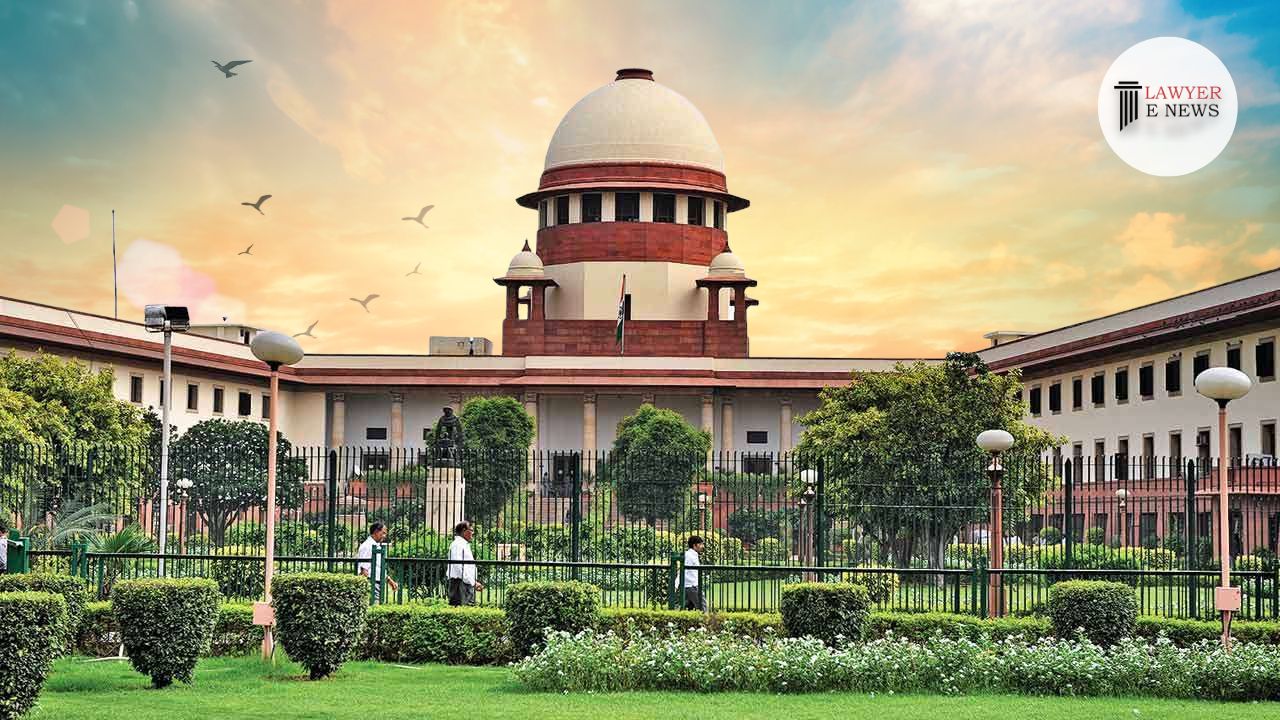-
by sayum
14 February 2026 2:22 PM



In a landmark judgment, the Supreme Court of India overturned the decisions of both the High Court and the Upa Lokayukta, emphasizing the limited jurisdiction of the Lokayukta under the Kerala Lok Ayukta Act, 1999. The bench, comprising Justices Vikram Nath and Rajesh Bindal, held that the Lokayukta can only recommend remedial actions and not issue direct orders for administrative actions like correction of revenue records or tax collection.
The appeal, filed by the Additional Tahsildar & Another against respondents Urmila G. & Others, contested the High Court’s affirmation of the Upa Lokayukta’s order. The Lokayukta had instructed the Tehsildar, Varkala, to rectify mistakes in the revenue records and directed tax collection from the complainants, a decision that was upheld by the High Court.
Justice Rajesh Bindal, in delivering the judgment, clarified the scope of the Lokayukta’s powers, stating, “The jurisdiction given to Lokayukta was only to address the issue of maladministration. However, without addressing that issue in the order, it traveled beyond its jurisdiction to deal with the matter on merits and issued positive directions for correction of revenue records.” This observation reflects the court’s stance on the separation of powers and the specific role of judicial and quasi-judicial bodies in administrative matters.
The case revolved around a complaint filed by respondent No. 1 with the Lokayukta, seeking correction in the revenue records for land in Survey No. 584. The complaint had been previously rejected by the Additional Tehsildar, leading to the Lokayukta’s involvement. The Supreme Court noted that the Lokayukta overreached its jurisdiction by issuing direct orders instead of limiting its role to making recommendations.
The judgment also referenced previous Kerala High Court rulings, which established that the Lokayukta does not possess supervisory or appellate authority over statutory bodies and can only make recommendations.
In conclusion, the Supreme Court allowed the appeal, setting aside the orders of the High Court and Upa Lokayukta. It advised respondent No. 1 to seek an appropriate legal remedy for the correction of the revenue records under relevant statutes. This decision marks a significant clarification in the functioning of the Lokayukta, reinforcing its role as an advisory and recommendatory body rather than an administrative authority.
Date of Decision: 30th November 2023
ADDITIONAL TAHSILDAR & ANOTHER VS URMILA G. & OTHERS
